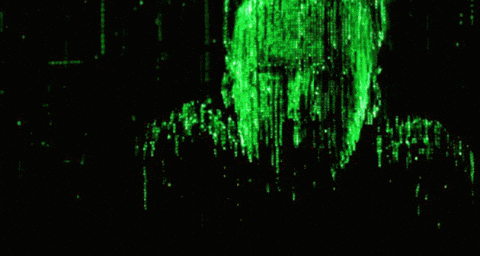In the world of science fiction, few films have had as profound an impact on society as The Matrix. Released in 1999, this groundbreaking film by the Wachowskis explores themes such as reality, identity, and freedom through a unique blend of action, philosophy, and technology. One aspect that has not been fully explored is its social implications.
The Matrix presents us with a dystopian future where humanity is unknowingly trapped in a simulated world created by sentient machines to keep them passive while their bodies are used as an energy source. This raises questions about the nature of our reality and how much control we have over it. It also highlights the potential consequences of relying too heavily on technology, leading us to question whether advancements like virtual reality could lead down a similar path.
Moreover, The Matrix challenges traditional notions of power dynamics by showcasing characters who defy societal norms and expectations. Neo, for instance, is an unlikely hero - a computer programmer turned savior of humanity. His journey mirrors that of many marginalized individuals in society who find strength within themselves to challenge oppressive systems.
In conclusion, The Matrix offers valuable insights into the social implications of our reliance on technology and the importance of questioning established norms. It serves as a cautionary tale about the potential dangers lurking beneath the surface of progress while inspiring us to embrace our inner strength in order to break free from societal constraints.
